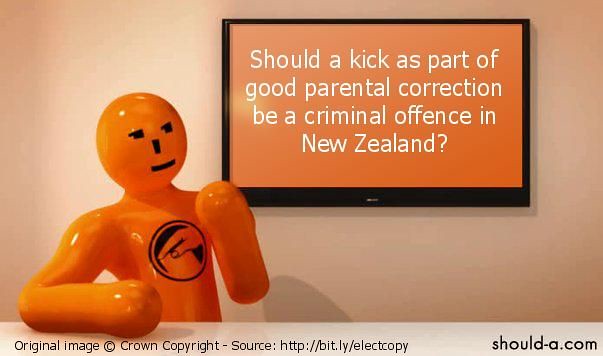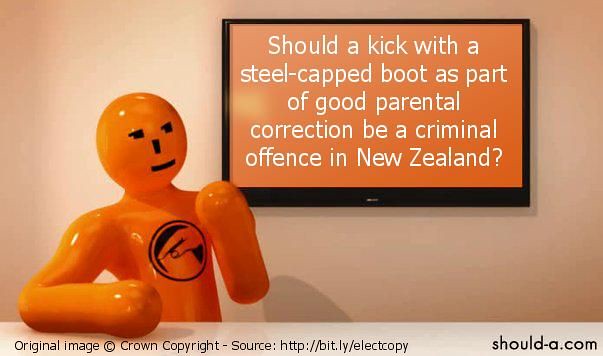Over on his blog, Colin Espiner comments on Sian Elias' speech on the failure of "tough on crime". In passing, he claims:
So we'll just build more prisons. Lock more people up. The crime rate will continue to rise. And Dame Sian will be quietly replaced, probably within the next year.
The clear implication is that the government will "replace" the Chief Justice - a position Espiner continued to cling to when challenged on it:
You're an intelligent guy, so I'd expect you to know that while the government can't sack judges, the Chief Justice essentially serves at the Government's pleasure. Yes, she's appointed by the Governor-General - on the recommendation of the Attorney-General. But you can't tell me that the Government has no influence over that appointment, and its lifespan.
And
Judges may be appointed for life, but in reality chief justices serve for ten or eleven years (check if you don't believe me) each. Dame Sian has served for ten.
And
Of course the Government doesn't have the power to remove her. I never suggested it did. Neither does it have the power to sack a single state servant. But there are ways and means of getting the message across.
Espiner isn't just utterly constitutionally illiterate here, but dangerously so. The government cannot sack a High Court (or Court of Appeal, or Supreme Court) Judge in New Zealand.
Section 23 of the Constitution Act makes it clear:
A Judge of the High Court shall not be removed from office except by the Sovereign or the Governor-General, acting upon an address of the House of Representatives, which address may be moved only on the grounds of that Judge's misbehaviour or of that Judge's incapacity to discharge the functions of that Judge's office.
That motion
can only be initiated by the Attorney-General, and then only
in response to the recommendation of a Judicial Conduct Panel or if they are
convicted of a serious offence. The reason for this is that we
learned back in the seventeenth century that judges needed to be secure in their tenure so they could rule without fear or favour according to the law, rather than in the interests of the government of the day. Hence appointments to the judiciary are
permanent, and judges hold office until they hit the mandatory retirement age (
currently 70, increased from 68 in 2007).
The reason Chief Justices have tended to hold office for ten years in recent times is because the last couple were appointed at the age of 58, and served until retirement. Looking further back, judges served until the age of 72, and even longer before the 50's. One - O'Leary - died in office. The rest hung around until retirement, which in the case of Stout was for 27 years. None have ever been sacked, or "quietly replaced", or eased out. In the case of Elias, she was appointed at age 50, and can serve until she is 70. Meaning she will, barring accident or retirement, serve for another ten years.
As for Espiner, I'd expect a basic degree of constitutional literacy from a gallery journalist, particularly one as senior as himself. It's his job to know, so he can put politics in context for the rest of us. Unfortunately, in this case he doesn't seem to be doing it very well.








